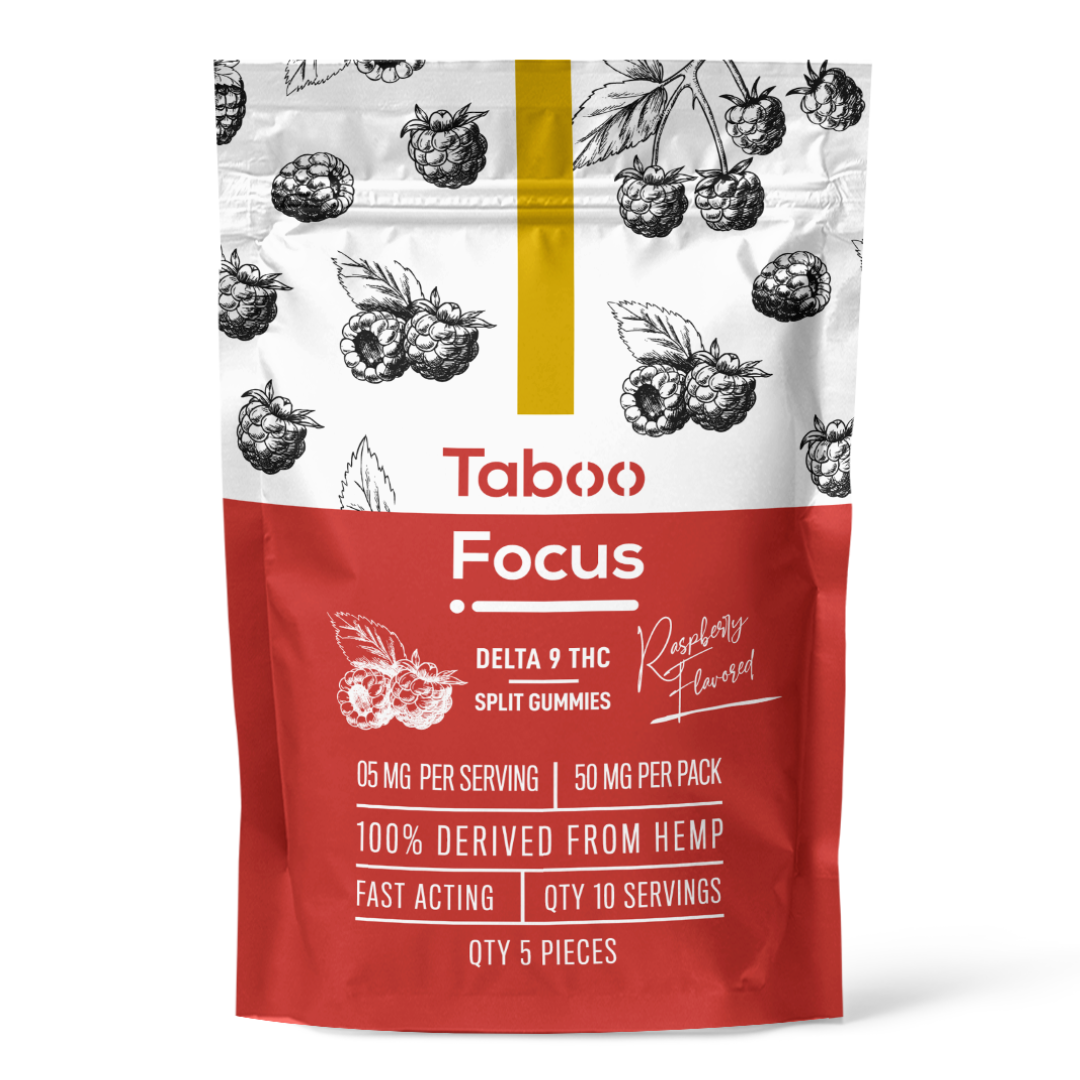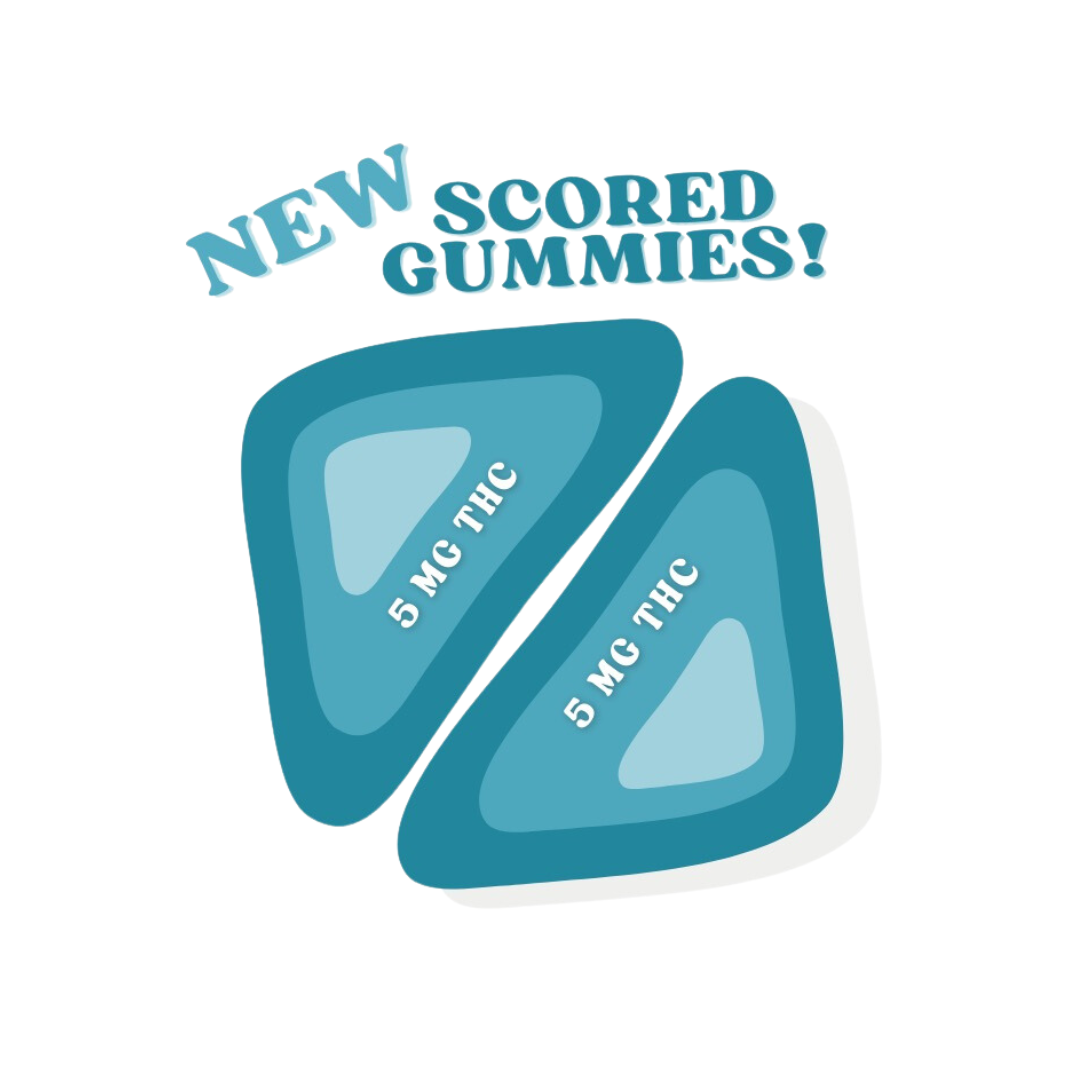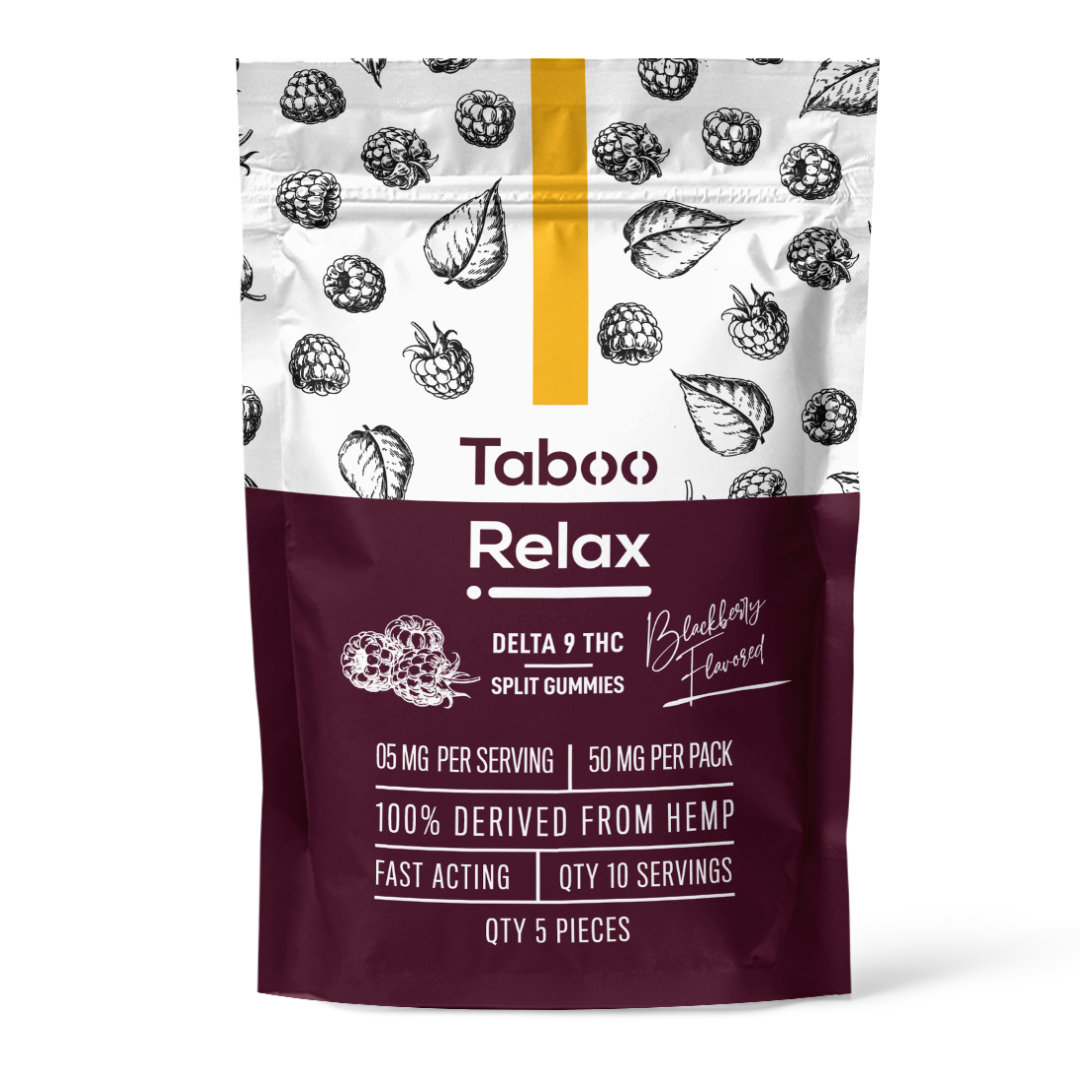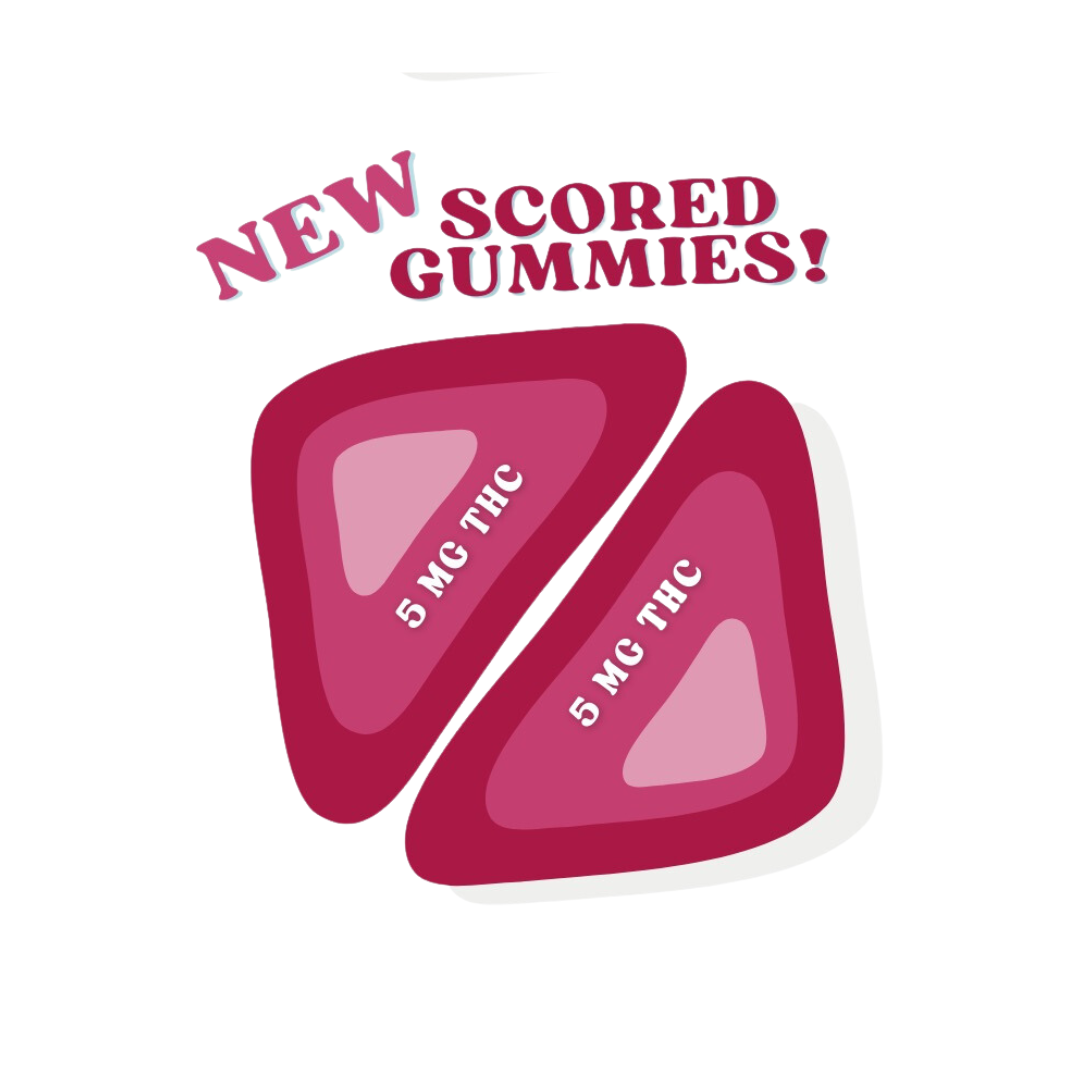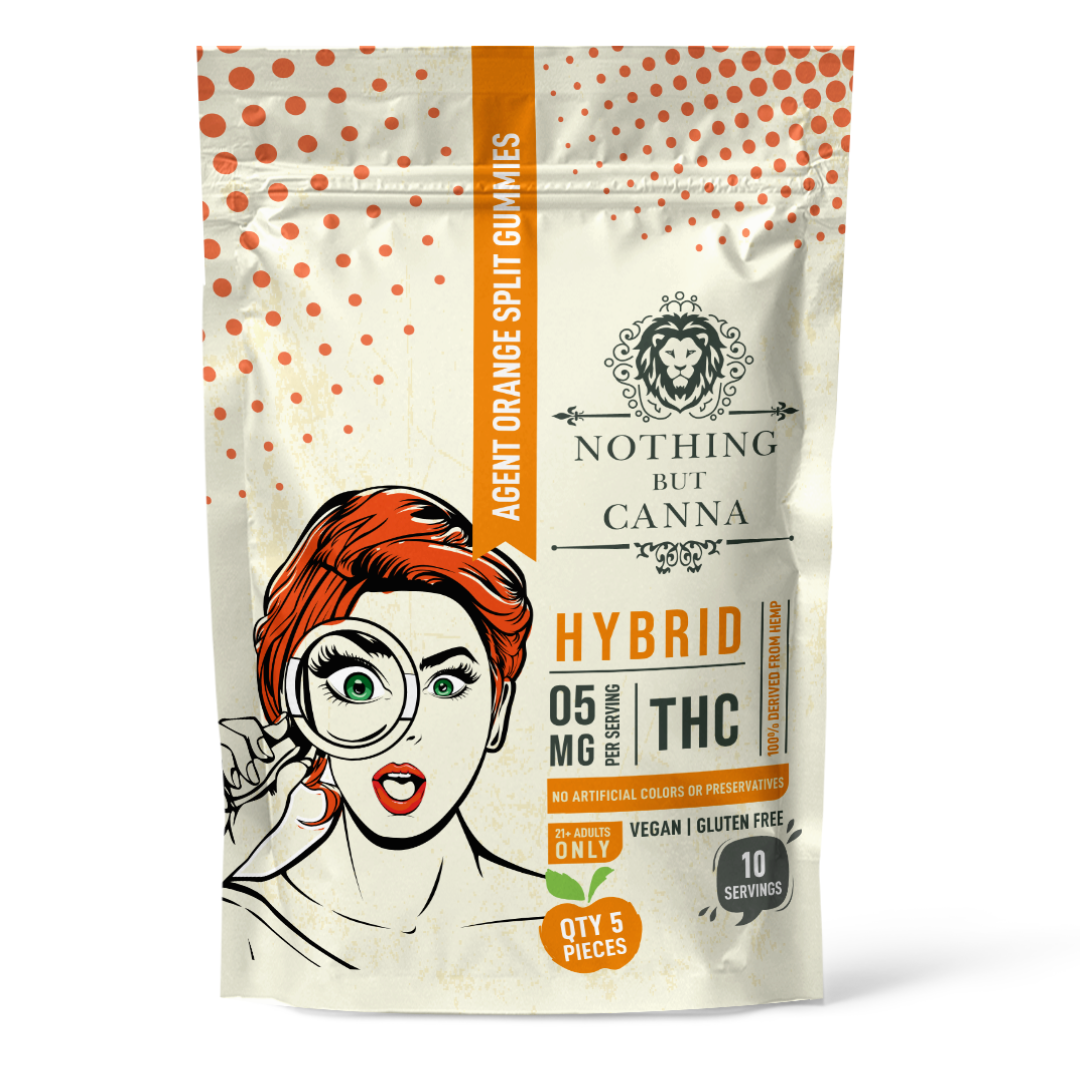Federal agency proposes guideline saying they can, but CBD use won't excuse a positive THC test.

Commercial drivers would be allowed to use hemp-derived CBD under new guidelines proposed by the Federal Motor Carrier Safety Administration, reports Marijuana Moment. However, the agency also made clear that the drivers would do so at their own risk of testing positive for THC.
“CBD products containing less than 0.3 percent by dry weight of THC are not considered a Schedule I substance;” the August 15 draft handbook reads, “therefore, their use by a CMV driver is not grounds to automatically preclude physical qualification of the driver. However, each driver should be evaluated on a case-by-case basis.”
“CBD products containing less than 0.3 percent by dry weight of THC are not considered a Schedule I substance; therefore, their use by a CMV driver is not grounds to automatically preclude physical qualification of the driver.”
— Federal Motor Carrier Safety Administration, “Draft Medical Examiner's Handbook”
The handbook guidelines are used by medical examiners who conduct physical exams and issue certifications for commercial drivers whose duties bring them across state lines.
The U.S. Department of Transportation prohibits THC use regardless of state law or the reason for use.
“Federal law prohibits Schedule I drugs or substances from being prescribed for any purpose,” the draft says, “… A driver who uses marijuana cannot be physically qualified even if marijuana is legal in the State where the driver resides for recreational, medicinal, or religious use.”
Hemp-derived CBD, in contrast, is federally legal under the 2018 Farm Bill. Hence the need to address the issue in the handbook.
However, the draft document cautions that CBD products aren’t subject to any form of regulation or testing by the U.S. Food and Drug Administration.
“The United States Food and Drug Administration (FDA) does not currently determine or certify the levels of THC in products that contain cannabidiol (CBD),” the draft says, “so there is no Federal oversight to ensure that the labels on CBD products that claim to contain less than 0.3% by dry weight of THC are accurate. Therefore, drivers who use these products are doing so at their own risk.”
“There is no Federal oversight to ensure that the labels on CBD products that claim to contain less than 0.3 percent by dry weight of THC are accurate. Therefore, drivers who use these products are doing so at their own risk.”
— Federal Motor Carrier Safety Administration, “Draft Medical Examiner's Handbook”
Drivers would not be excused in the case of inaccurate labeling, whether a product had just enough THC to trigger a positive result, or was accidentally mislabeled by the company and actually contained intoxicating amounts of THC (which has happened before).
The Federal Motor Carrier Safety Administration first addressed CBD use in a 2021 draft of the handbook that was never finalized, according to Marijuana Moment reporter Kyle Jaeger. This draft expands on those initial guidelines.
The U.S. DOT tests its own workers for THC, but the department has proposed revising its policy to test only for recent use and to set a cutoff point to eliminate the possibility of a positive test as a result of passive exposure, according to Jaeger.
The public can comment on the Federal Motor Carrier Safety Administration’s draft handbook through September 30.











